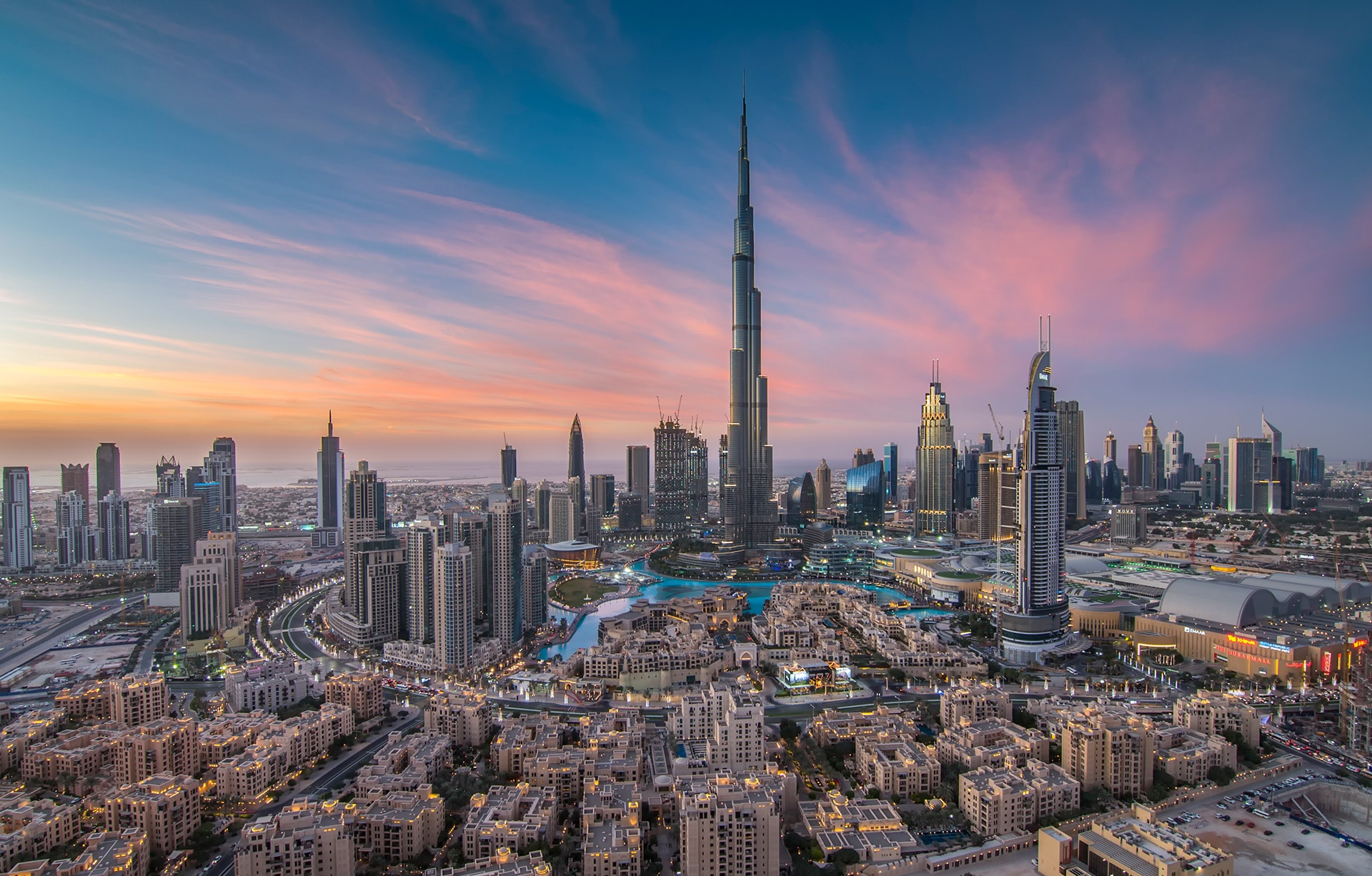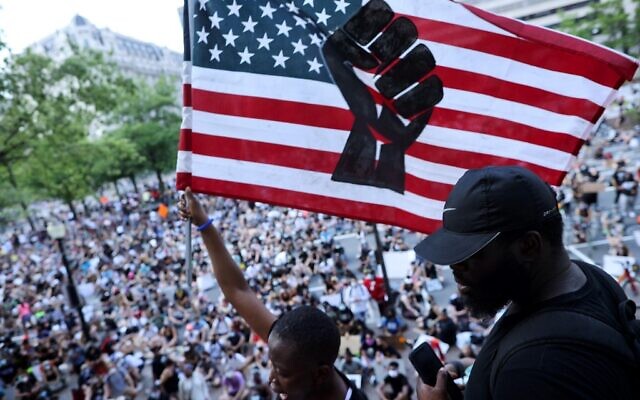Home to over 381 million people, the MENA region’s urban population is expected to double between 2010 to 2050 as rural populations migrate to cities in search of education and employment opportunities. As governments prepare to accommodate increased urban populations, attention is growing on how to build “greener” cities.
From June 22 to 26, leaders from regional governments, international organizations, and business and NGOs, including Google, Multiplex, Siemens, UN Habitat, and WHO, met online for the second MENA Green Building Congress. The stakeholders came together to discuss how the region can use green buildings to create healthier communities and contribute to climate change mitigation.
Addressing the conference, UAE Minister of Climate Change and Environment, Dr. Thani bin Ahmed Al Zeyoudi, explained how “the building and construction sector is the largest contributor to energy-related greenhouse gas emissions worldwide at 39%, while accounting for 36 percent of global energy use.”
The congress, organized by the World Green Building Council (WorldGBC), was an opportunity to share best practice techniques from around the world and promote the use of new building technologies in the MENA region. The WorldGBC is a global network of 70 in-country GBCs dedicated to eliminating the building and construction sector’s emissions by 2050. The council advocates for the adoption of green buildings and construction practices to make the built environment healthier and more sustainable.
As the world continues to battle the coronavirus pandemic, Ibrahim Al-Zu’bi, chief sustainability officer at Majid Al Futtaim Holding, believes green construction has an important role in ensuring the health of communities: “We need to focus on harmonizing the health and well-being of our communities, and achieving energy efficiency and resilience.”
Urban density and COVID-19
COVID-19 has disproportionately impacted poorer urban communities living in highly populated areas. Across the world these communities have recorded higher rates of infection and death. People in poor urban areas often live in cramped spaces lacking proper ventilation or in buildings with shared kitchen and bathroom facilities.
In addition, pre-existing health conditions, some of which are derived from the poor sanitary environment, have compounded the impact of COVID-19.
While the pandemic has encouraged some, including New York Mayor Andrew Cuomo, to argue for reducing population density, policy experts disagree. They suggest that the pandemic should not indicate the end of high-density urban living but rather serve as an opportunity to rethink how space is used.
Suggestions have included providing more urban green spaces, ensuring the use of sustainable high quality materials in all buildings, and working to stop overcrowding in apartments.
Ken Greenberg of Toronto’s urban design firm Greenberg Consultants argues that “buildings and neighbourhoods need designs that are easily adaptable during times of crisis such as the pandemic, or climate-based disasters, for alternative uses.” Achieving this will require greater collaboration between public health officials and planners.
Future-proofing against another pandemic and reducing the climate impact of urbanization includes rethinking city planning to address the dangers of high-density, low quality buildings. Facilitating conversations between experts, as the MENA Green Building Congress did last week, is an important first step in encouraging change.





